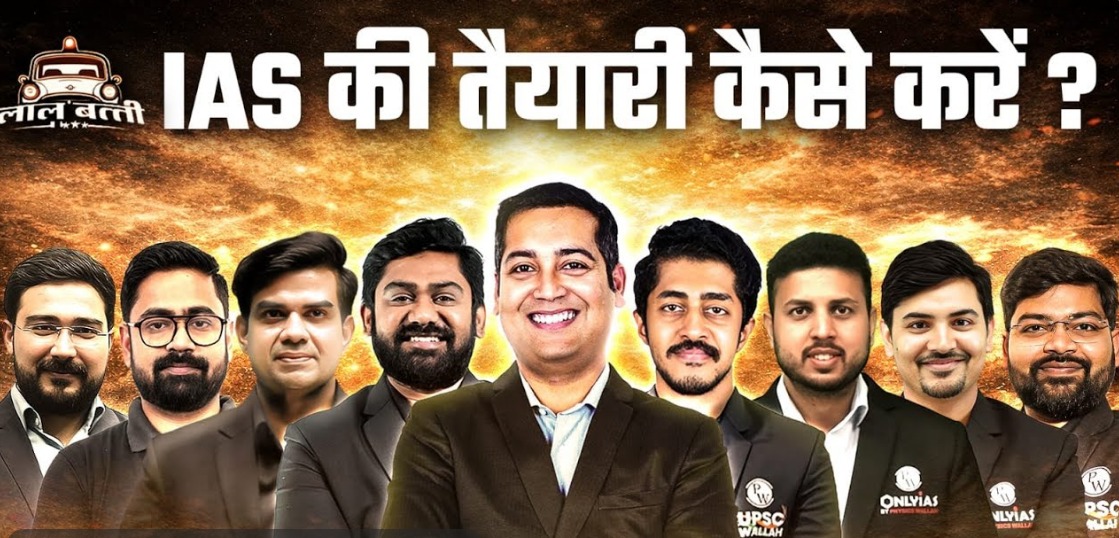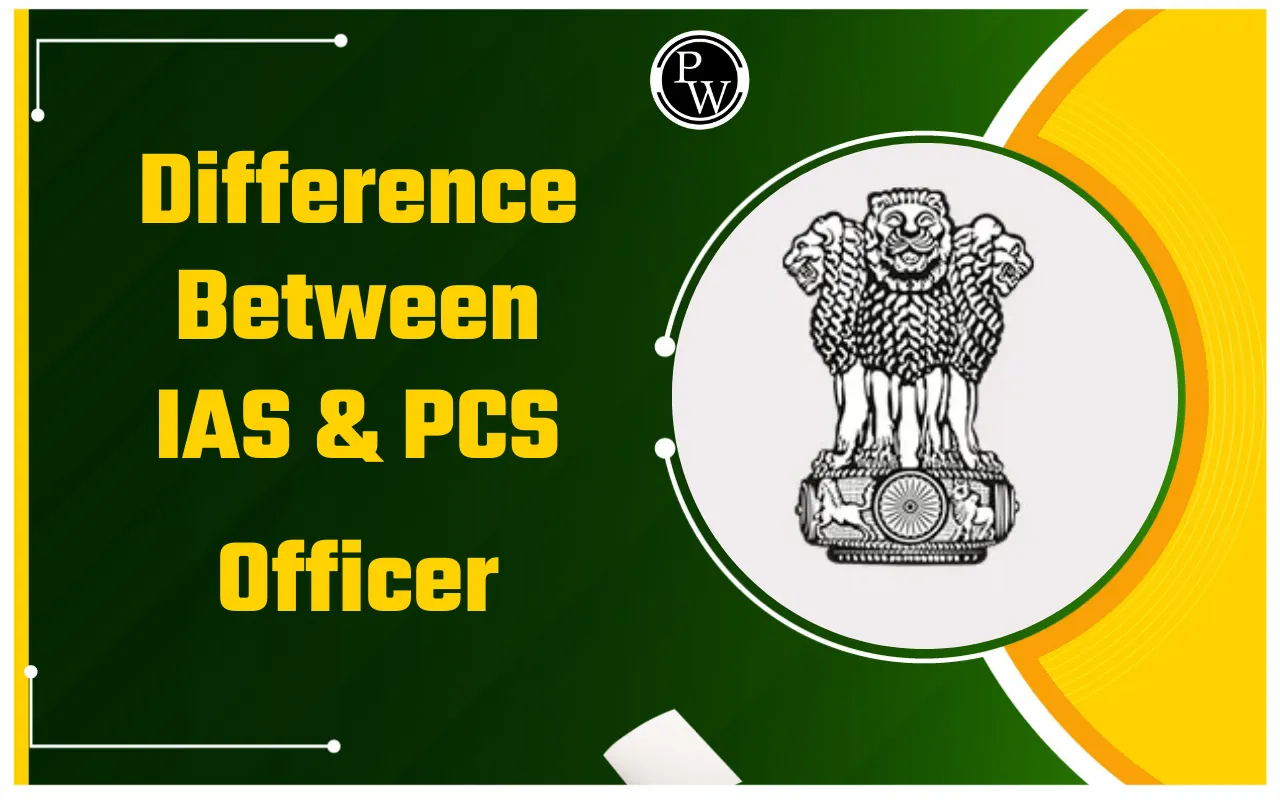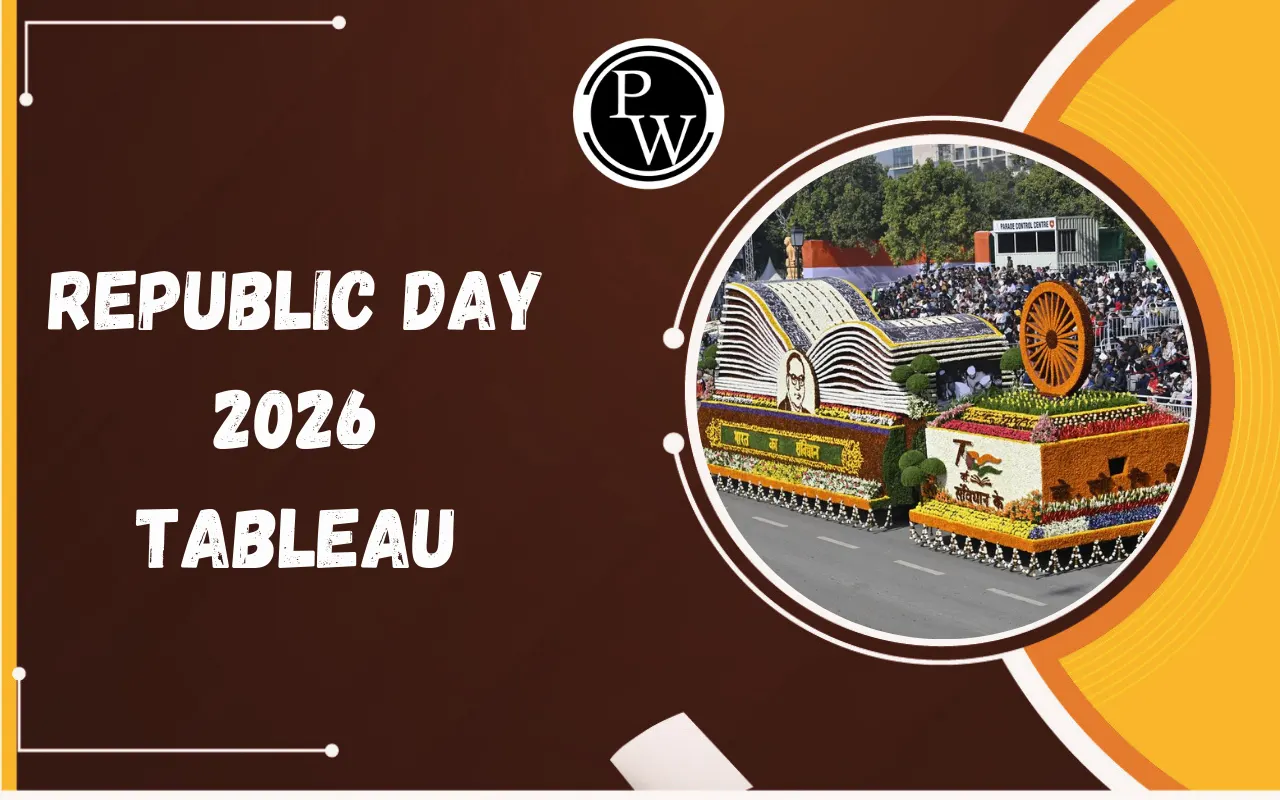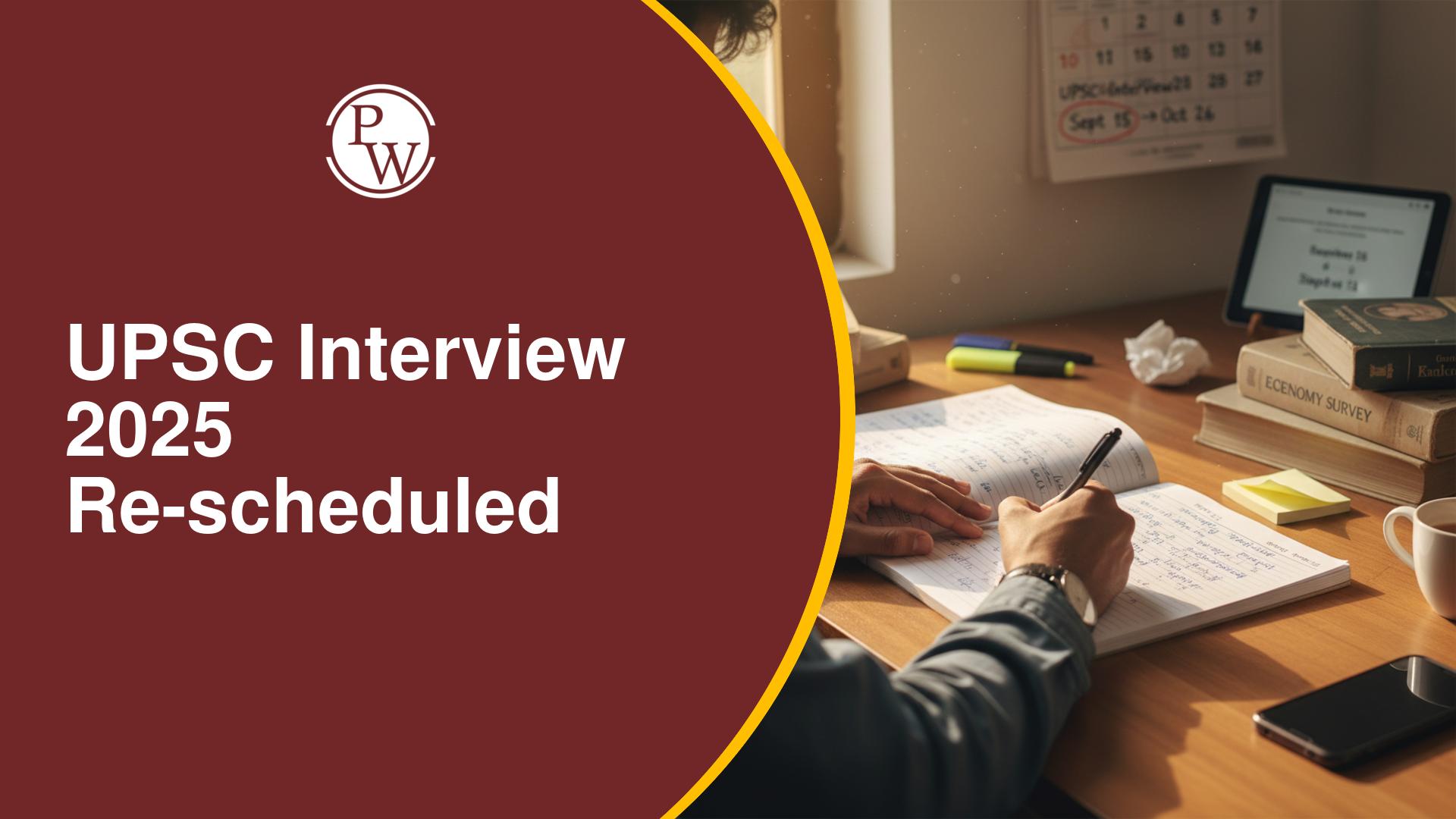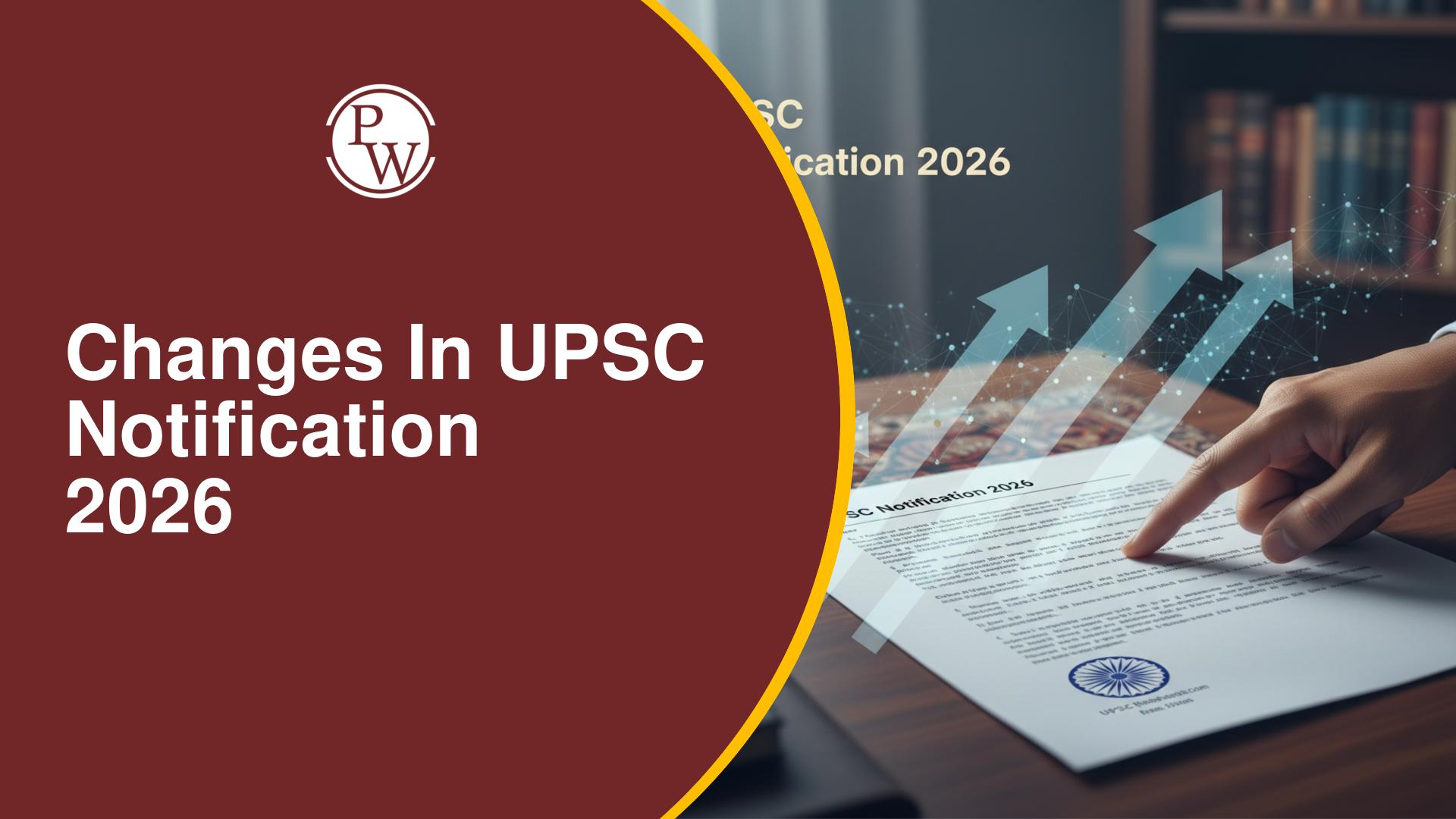
UPSC Kannada Literature Syllabus 2025: Kannada is one of the oldest Dravidian languages, primarily spoken in the Indian state of Karnataka. It is one of the official languages of India, recognized by the Constitution, and is also declared the classical language. In UPSC CSE Mains, it is offered as a literature optional in the list of 48 optional subjects.
UPSC Kannada Literature optional is often chosen by UPSC candidates from Karnataka or those familiar with the language, as it requires mastery of both the literary texts and the grammar basics. If you are interested in this subject, read on for the UPSC Kannada Literature Syllabus 2025.
UPSC Kannada Literature Optional Syllabus 2025
The Kannada Literature Optional Syllabus includes topics like the historical development of Kannada Literature, exploration of poetic metaphysics, cultural aspects of the Kannada language, and the works of notable poets like Pampa, Ranna, Kumaravyasa, Basavanna, and others.
Like other optional subjects in the UPSC exam, Kannada Literature Optional comprises two papers, Paper I and Paper II, each worth 250 marks and segmented into two sections. There are a total of eight questions in each paper, equally divided into four questions per section. Candidates are required to answer any five questions.
Let us have a look at the Complete Kannada Literature Optional Syllabus:
UPSC Kannada Literature Optional Syllabus For Paper I
The table below contains the Complete Syllabus of Kannada Literature Optional Paper I for the UPSC Mains Exam:| Section A |
|
A. History of Kannada Language |
| Section B |
|
A. Poetics and Literary Criticism |
UPSC Kannada Literature Optional Syllabus For Paper II
The Paper will require first-hand reading of the Texts prescribed and will be designed to test the critical ability of the candidates. The Table below contains the Complete Syllabus of Kannada Literature Optional Paper II for UPSC Mains Exam:| Section A |
|
A. Old Kannada Literature
B. Medieval Kannada Literature
|
| Section B |
|
A. Modern Kannada Literature
|
Exam Pattern of UPSC Mains Kannada Literature Optional
The exam pattern for Kannada Literature Optional is as follows:- The UPSC main exam is divided into two papers, i.e., Paper-1 and Paper-2.
- Both Paper I and Paper II carry 250 marks each, for a total of 500 marks for the Kannada Literature optional papers.
- In both Paper I and Paper II of Kannada Literature, optional candidates have to attempt FIVE questions in all. THREE hours are allotted to attempt each paper.
- Ques Number 1 and 5 from both papers are compulsory to attempt, and out of the remaining questions, THREE (3) are to be attempted, choosing at least ONE (1) question from each section.
- Answers must be written in Kannada.
| Particular | Details |
| Total Papers | Two papers, Paper I and Paper II |
| Total Marks | 500 (250 Each) |
| Time allowed | 3 Hours for each paper |
| Sections | Section A and Section B |
| Questions | total 8 questions with subparts |
| Compulsory Question | Question Nos. 1 and 5 |
| Marks Distribution | 10, 15, and 20 marker questions |
| Writing Language | Kannada |
Complete List Of Books For UPSC Mains Kannada Literature Optional
Below is the list of books for Kannada Literature Optional Paper I and II for UPSC Mains Exam:List of Kannada Literature Optional Books for Paper I in UPSC Mains
- Linguistic History of Kannada Language-M.H. Krishnaiah
- Kannada Bhasha Shastra- R.Y. Dharwadkar
- Kannada Sahitya Charitre- R.S. Mugali
- History of Karnataka by Falaksha
- Literary Criticism’ by Ramachandran
- MA (Kannada) books from the University of Mysore
- Hosanagannadh Sahithya Charithram” by Seshagiri Rao
- Karnataka Cultural Survey’ by Tipperedaswamy
List of Kannada Literature Optional Books for Paper II in UPSC Mains
- Bettada Jeeva-Shivarama Karanth
- Madhavi-Arupama Niranjana
- Odalaala-Devanuru Mahadeva
- Devaru- A.N. Moorty Rao
- Kannada Janapada Kathegalu-J.S. Paramashivaiah
- Janapada Swaroopa-Dr. H.M. Nayak.
- Janapriya Kanakasamputa-D. G Javare Gowda
- Kannada Sanna Kathegalu-G.H. Nayak
- Kumaravyasa Bharata-Kumaravyasa
- Tughlaq-Girish Karnad.
- Nambiyannana Raagale-T.N. Sreekantaiah
- Vikramarjuna Vijaya of Pampa
- Pampana Samastha Bharata Kathamrita-L. Basavaraju
- Shudra Tapaswi-Kuvempu
- Vachana Kammata-K. Marulasiddappa K.R. Nagaraj
- Other literary texts are mentioned in the syllabus.
Download Kannada Literature Optional Question Papers
The table below contains the list of Previous year question papers of Kannada Literature Optional subject, which is distributed year wise:| Kannada Literature Optional Paper 2024 | |
| Kannada Literature Optional Paper I | Kannada Literature Optional Paper II |
| Kannada Literature Optional Paper 2023 | |
| Kannada Literature Optional Paper I | Kannada Literature Optional Paper II |
| Kannada Literature Optional Paper 2022 | |
| Kannada Literature Optional Paper I | Kannada Literature Optional Paper II |
| Kannada Literature Optional Paper 2021 | |
| Kannada Literature Optional Paper I | Kannada Literature Optional Paper II |
| Kannada Literature Optional Paper 2020 | |
| Kannada Literature Optional Paper I | Kannada Literature Optional Paper II |
How to Prepare For UPSC Kannada Literature Optional?
Preparing for UPSC with Kannada Literature as an optional subject requires a strategic approach. Here's a step-by-step guide on how to prepare for it:- Understand the Syllabus: Familiarise yourself thoroughly with the syllabus provided by UPSC for Kannada Literature. Understand the topics and sub-topics to be covered.
- Write Summary of Books: After reading the books mentioned in the syllabus, try to write a summary of books in your own words. Evaluate this summary with experts. Work on the feedback given by experts and then decide future course of action.
- Read Standard Texts: Start by reading standard textbooks and reference materials recommended for Kannada Literature. This will help you build a strong foundation in the subject. Some essential texts include works by renowned Kannada authors like Kuvempu, Shivarama Karanth, Masti Venkatesha Iyengar, and others.
- Refer to Previous Year Papers: Analyse previous year's question papers to understand the pattern, type of questions asked, and depth of knowledge required. This will give you insights into important topics and areas to focus on.
- Create a Study Plan: Develop a study plan that covers all the topics mentioned in the syllabus. Allocate specific time slots for each topic and stick to the schedule diligently.
- Read Critically: While reading literary works, develop the habit of reading critically. Pay attention to themes, writing styles, literary devices used by authors, historical context, socio-cultural influences, etc.
- Language Proficiency: Since Kannada Literature is in Kannada, ensure that you have a good command of the language. Practice reading, writing, and speaking Kannada regularly to improve your language proficiency.
- Practice Answer Writing: Practice writing answers to previous year's questions and sample questions regularly. Focus on structuring your answers logically, incorporating relevant examples, and maintaining clarity and coherence.
- Revision: Regular revision is crucial to retaining the information you've learned. Set aside time for revision periodically to reinforce your understanding of the subject.
- Mock Tests: Take mock tests regularly to assess your preparation level and identify areas that need improvement. It also helps in managing time during the actual exam.
Get ready for the upcoming UPSC recruitment with the UPSC online coaching at Physics Wallah!
UPSC Kannada Literature Syllabus FAQs
Is Kannada literature a good optional for UPSC?
Is familiarity with Kannada writers and poets important?
Can we write UPSC in KANNADA language?
What is the UPSC Kannada Literature syllabus focused on?
Is knowledge of Kannada grammar necessary?

